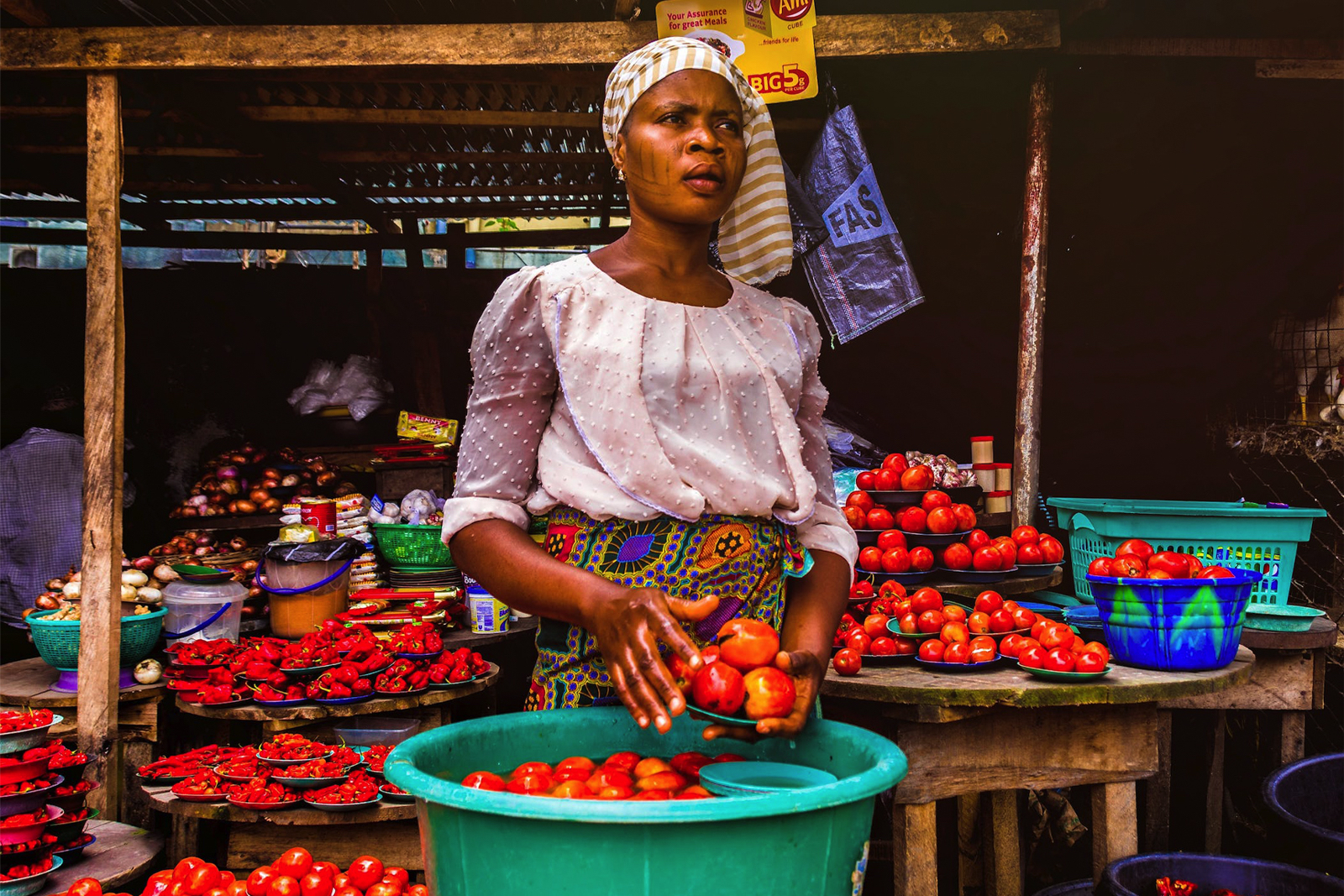
Nigerian Women Face Steep Climb for Gender Equality
Women across the globe have long been subjugated to discriminatory treatment, cast in an archaic belief system that paints them as an inferior gender devoid of rationality, necessitating constant oversight. In Nigeria, the struggle against the harrowing tide of gender inequality is a daily reality for women, perpetuated by a combination of regressive laws and deep-seated cultural norms.
Every day, Nigerian media outlets report new incidents of gender-related crimes. On January 11, the tragic case of Ogochukwu Anene surfaced, who was brutally beaten to death by her husband over a dispute involving a loaf of bread. In another heart-wrenching incident from March 2021, Lawali Danladi took his wife’s life following an argument about pap, a local delicacy made from fermented corn. These individual tragedies are set against a backdrop of broader systemic violence: a report by the Lagos State Domestic and Sexual Violence Agency revealed a chilling 4,860 cases of domestic and sexual violence recorded in 2022 alone, with a sobering tally of 11 women losing their lives to domestic violence in a span of 20 months. These are merely the instances that have been reported. Adding to this grim statistic, UNODC Research from 2020 indicates that every 11 minutes, a woman, or girl is killed by a family member.
This enduring gender inequality that Nigerian women face is rooted not just in barbaric cultural statutes but also in a legal institution that often falls woefully short in recognizing and upholding women’s rights. The time is ripe for governmental intervention to help dismantle the deeply ingrained patriarchal culture in Nigeria by introducing and enforcing robust legal protections, establishing, and funding shelters for women in danger, and training law enforcement to actively uphold and preserve the principle of gender equality.
One stark illustration of this legal inadequacy is Section 282(2) of the Penal Code Act, which states that sexual intercourse by a man with his wife is not considered rape unless the wife is not yet pubescent, effectively sanctioning marital rape. Additionally, while the Child Rights Act of 2003 sets the legal age for marriage at 18, the custom of marrying off girls as soon as they begin menstruating continues unabated in certain northern regions.
Women in the eastern parts of Nigeria, particularly in Igbo culture, often grapple with discriminatory inheritance practices that prevent them from inheriting land. These women are frequently silenced in discussions regarding land and can typically access land only through a male relative or husband. In instances of death or divorce, their rights to land are often summarily rescinded. These are the stark realities faced by women in Nigeria.
The gender biases ingrained in Nigerian laws and social norms have transformed the country into an oppressive environment for women. The legal system in Nigeria, which currently endorses the violation of women’s rights, must undergo a significant transformation to criminalize all forms of gender-based violence. This crucial step is foundational for helping Nigerian society to unlearn toxic attitudes and norms.
Despite Nigeria’s international obligations under human rights law to implement legislation addressing all forms of violence against women, women and girls continue to encounter discrimination both in law and in practice. An essential element in addressing gender inequality is the thorough reformation and full implementation of the Violence Against Persons (Prohibition) Act of 2015, also known as the VAPP law.
The VAPP law represents the most comprehensive legal framework in Nigeria aiming to eliminate violence in both private and public life, to prohibit all forms of violence against persons, and to provide maximum protection and effective remedies for victims, as well as punishment for offenders. This act is designed to guarantee the utmost protection to all citizens by prohibiting all forms of violence and harmful traditional practices, whether they occur in private and/or public spaces.
However, the full potential of the VAPP law is not being realized, hampered by factors such as a lack of structural support, too few Sexual Assault Referral Centers (SARCs), and insufficient funding. Since the onset of the COVID-19 pandemic, an alarming 48% of Nigerian women have reported experiencing violence. Most of the existing shelters and SARCs are managed by non-governmental organizations, which face their own set of challenges.
It is insufficient to merely inform community leaders about the dangers of cultural norms that perpetuate violence against women. Those charged with enforcing the policies must be empowered to both preserve positive cultural values and rigorously penalize offenders who engage in harmful practices against women. Law enforcement agencies often display a worrying lack of familiarity with crucial policies such as the VAPP Act, Child Rights Acts, and the Criminal Code. There have been disturbing reports of survivors being discouraged from seeking justice due to a culture of victim-blaming within these organizations. To address this, police officers must undergo comprehensive training on gender-based violence (GBV) to effectively remedy this untenable situation.
The Nigerian government must demonstrate an unwavering and intentional commitment to protecting the rights of women, and this begins with a resolute stance against gender-based violence and discrimination.

